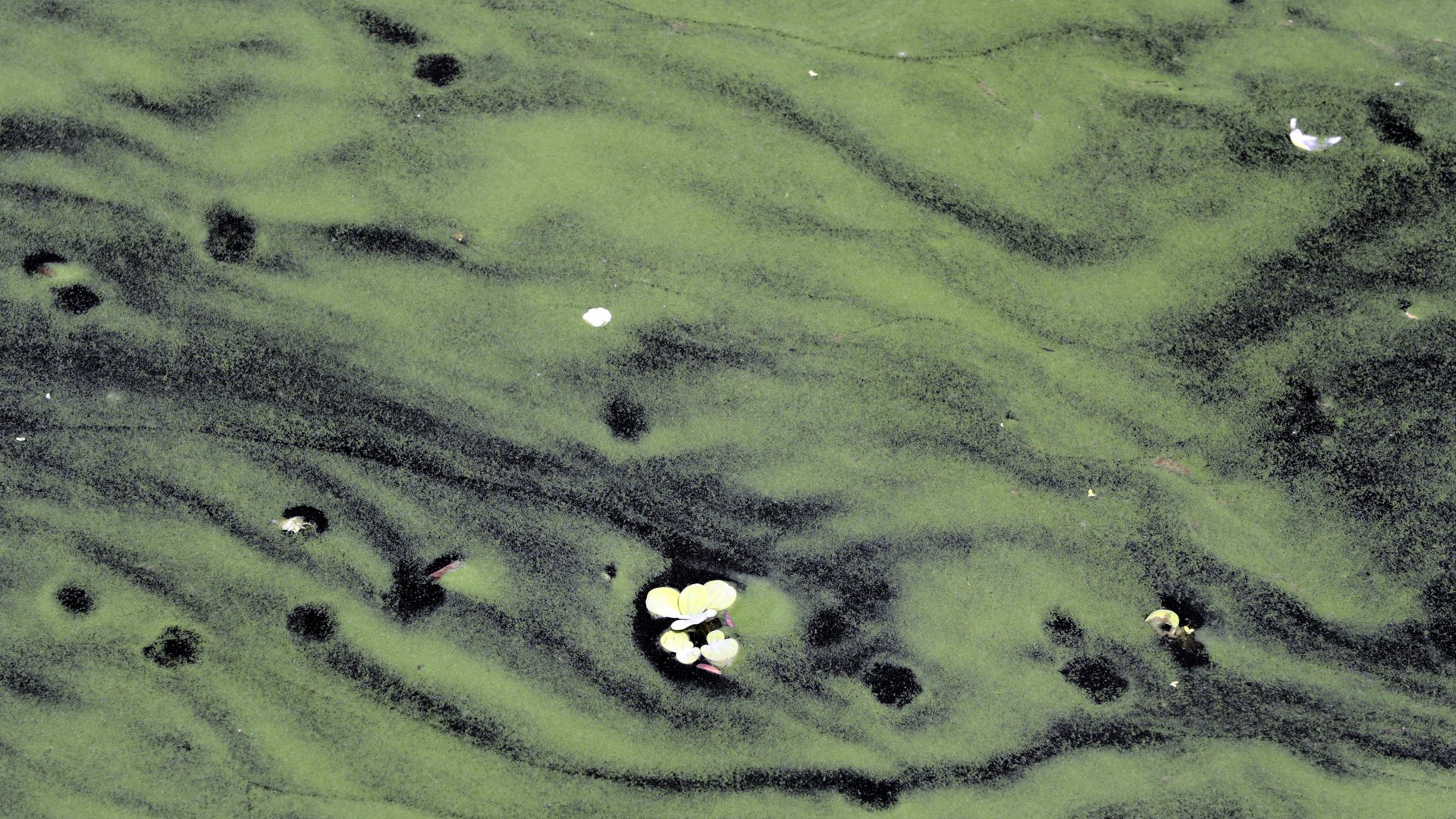Red algae in Florida is killing turtles, manatees, and sharks
Marine-life carcasses are washing ashore in a dramatic red scare that has prompted Florida’s governor to declare an official state of emergency.


Marine-life carcasses are washing ashore in a dramatic red scare that has prompted Florida’s governor to declare an official state of emergency.
The limp bodies of fish, eels, manatees, and even a whale shark were counted among the victims along Florida’s gulf shore, laid waste by a red-algae bloom that has crept steadily north in the state, gumming up rivers and sending irritating vapors inland, causing some people to experience mild respiratory discomfort. All of which has diminished summer tourism.
Red algae isn’t new to Florida: According to the Washington Post (paywall), red algae has been documented regularly since the 1840s. There are accounts from as early as the 1500s in which Spanish explorers described seeing fish laying dead, presumably as a result of a bloom. What’s mysterious to scientists is that so-called “red tides” have become more frequent in the past 60 years. Some speculate that rising sea temperatures in the Gulf of Mexico might be to blame.
Others have noted an increase in housing developments and agricultural operations, which have imprinted the land with canals, ditches, and levees that affect water flow. Rainwater that used to flow through natural filtering systems such as estuaries now rushes across developed lands. This pushes more nitrogen and phosphorous—commonly found on farms—into water systems, which in turn feed the algae.
This year, that has translated into some 267 tons of marine life being killed, including more than 300 sea turtles, 72 Goliath groupers, nine bottlenose dolphins, and the 21-foot whale shark. Sarasota County reported that businesses saw an overall decline of a 6% in sales compared to the prior year.
“While we fight to learn more about this naturally occurring phenomenon, we will continue to deploy all state resources and do everything possible to make sure that Gulf Coast residents are safe and area businesses can recover,” Florida governor Rick Scott said in a statement.
To assist in that effort, the state is paying out around $1.5 million toward clean-up efforts and scientific research.